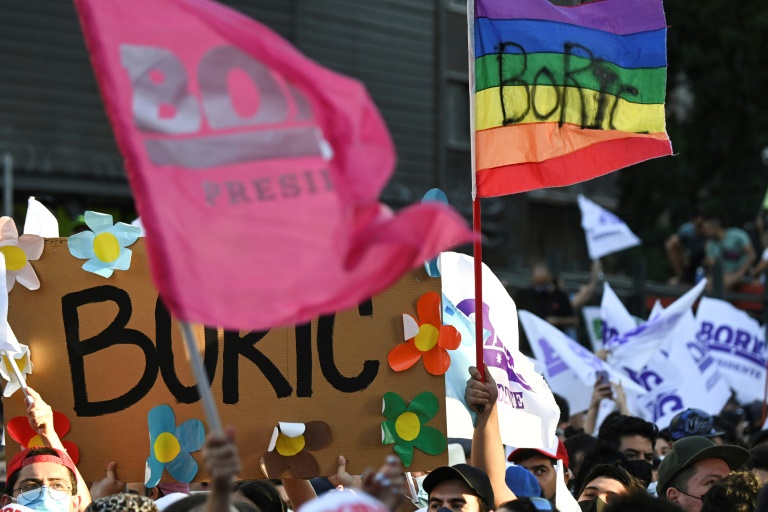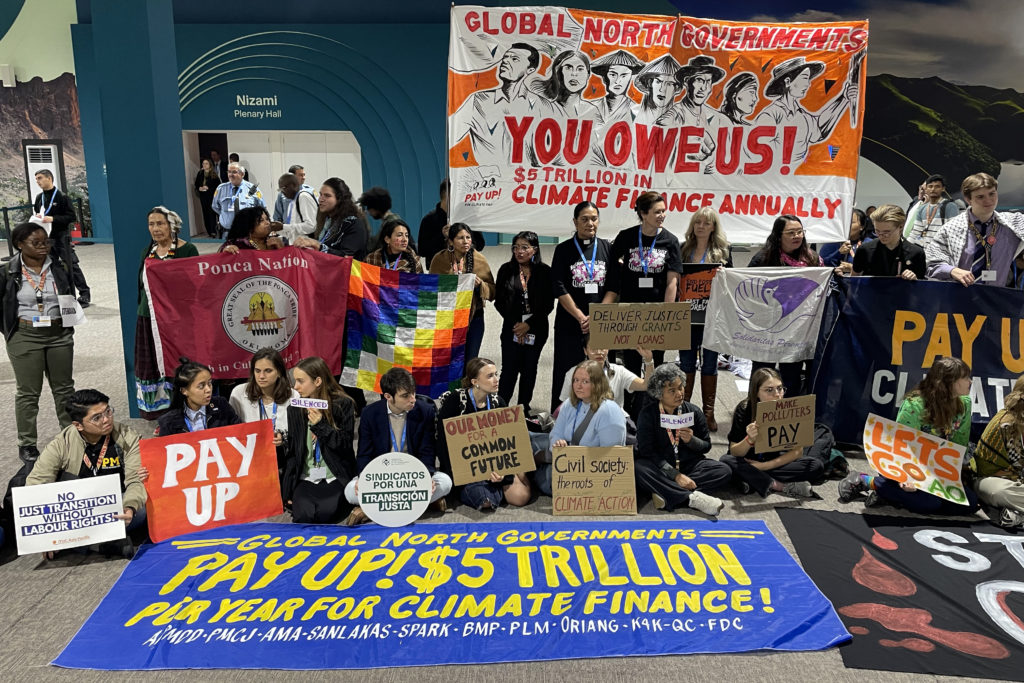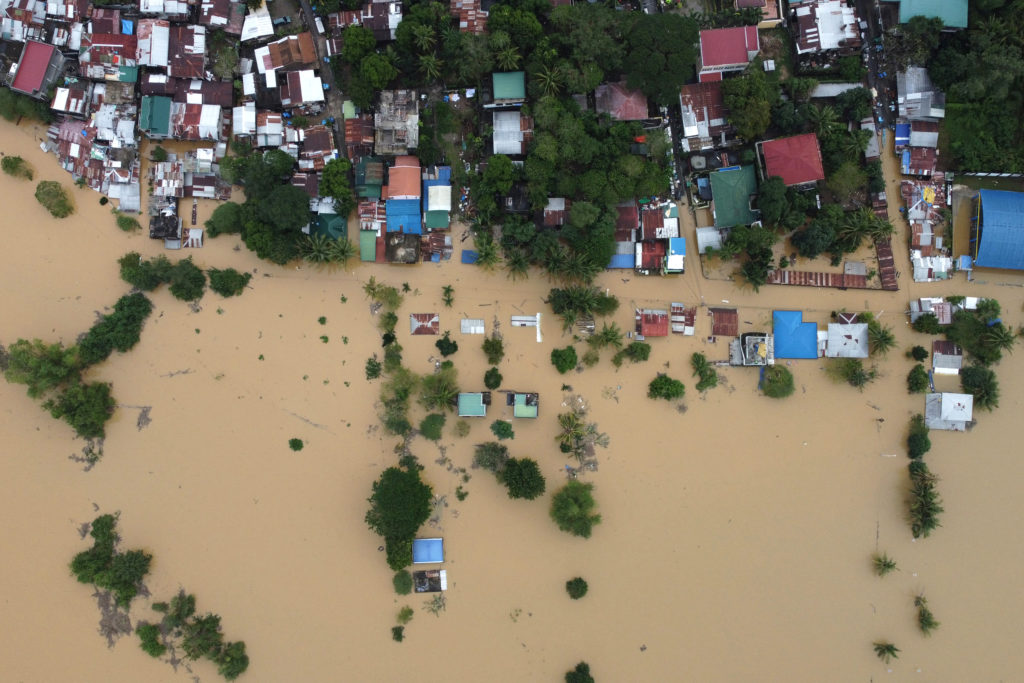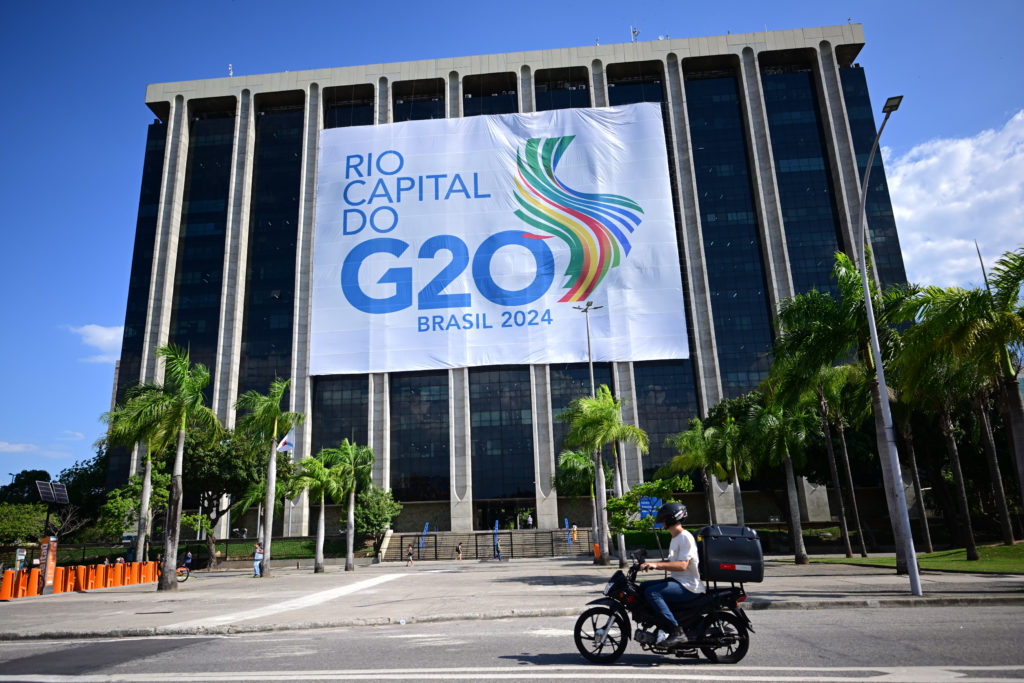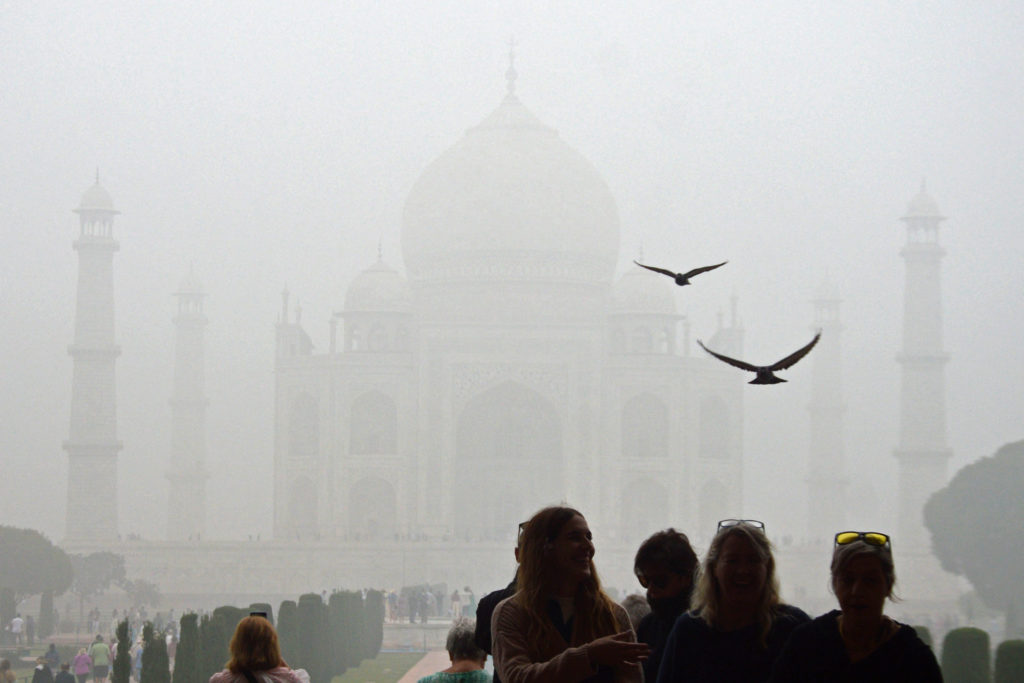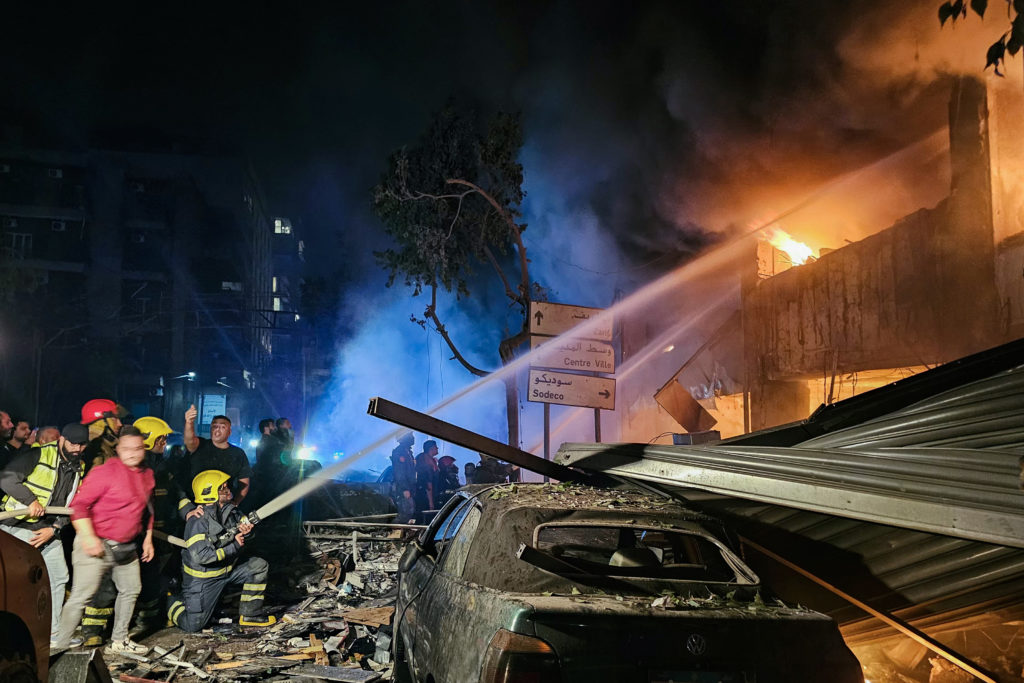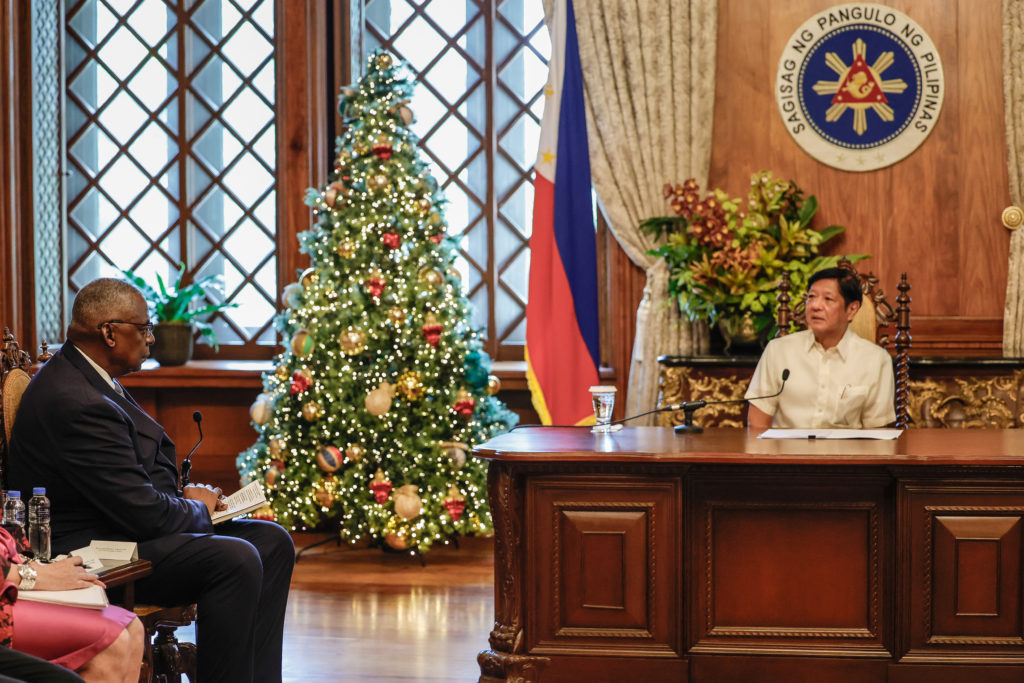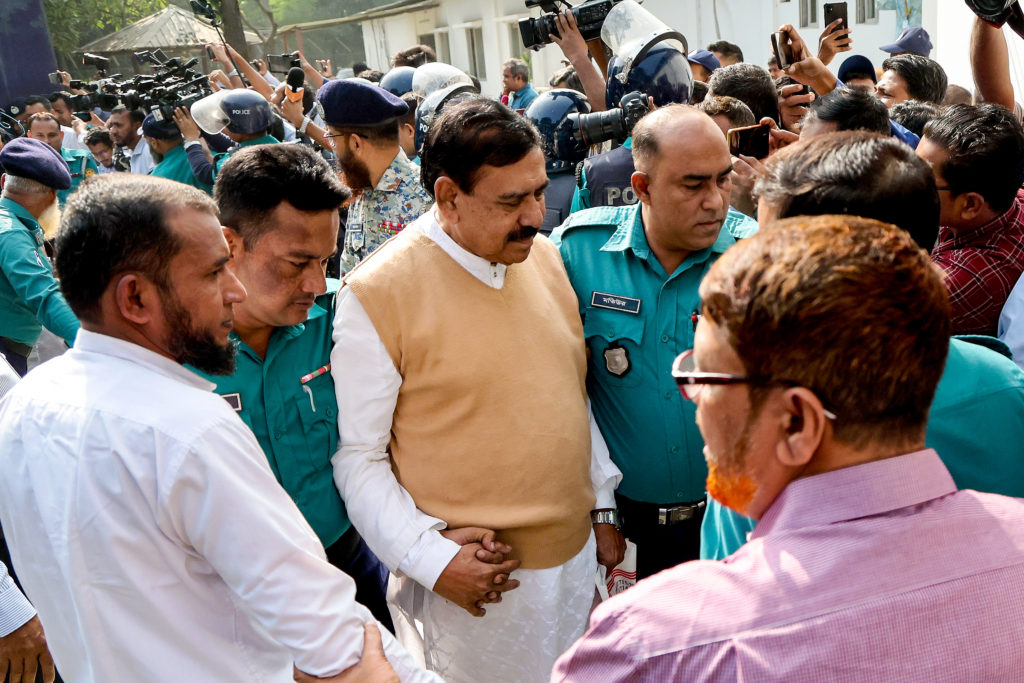As Chile elected leftist Gabriel Boric as its new president Sunday, this is a timeline of the country’s turmoil since bloody protests against inequality in 2019.
– 2019: Violent clashes –
Protests in Chile’s capital, Santiago, against a rise in metro fares on October 18, 2019, escalate into clashes between police and demonstrators angry at gaping social inequality.
Center-right President Sebastian Pinera declares a state of emergency.
Soldiers are deployed in the city the following day for the first time since the end of the dictatorship of General Augusto Pinochet.
Pinera — a billionaire — suspends the ticket price hike, but protests and clashes continue.
– ‘Chile is awake’ –
The state of emergency is extended to other regions as protests spread with people chanting: “Chile is awake.”
About 30 people are killed.
Pinera apologizes and announces more social spending on October 22, but a general strike begins with leaders demanding the military return to barracks.
After some 1.2 million Chileans take to the streets in Santiago on October 25, the curfew and state of emergency are lifted and Pinera reshuffles his cabinet.
But the street movement continues.
In November, Chile gives up hosting the APEC Asia Pacific economic summit and later the COP25 climate conference.
– Constitutional referendum –
In a breakthrough on November 15, lawmakers agree to a key opposition demand for a referendum on replacing the Pinochet-era constitution.
The government follows this up in early December with a $5.5-billion social plan, and a month later, the president announces reforms of the health system.
The United Nations, meanwhile, denounces multiple rights violations by police.
– 2020: New clashes –
After a period of calm despite demonstrations every Friday in Santiago, new clashes in late January 2020 turn deadly, with four people killed.
Violence erupts again on February 23 at Vina del Mar near Valparaiso, and then in early March in several other towns.
The president announces police reform.
– Virus, referendum put off –
Chile declares a “national disaster” in mid-March due to the coronavirus pandemic, with protests paused and a referendum — originally scheduled for April — postponed until October.
The president carries out a fifth cabinet reshuffle.
– ‘Yes’ to new constitution –
On October 25, Chileans vote by nearly four to one (79 percent) for a new constitution be drawn up.
– 2021: More delays
In late March 2021, Chile locks down four-fifths of its population as the virus surges again. The election of the constituent assembly charged with revising the constitution is put off to May.
– Indigenous leader –
A third of newly elected members of the constitutional convention — a majority left-leaning — are independents, with no single group winning a majority.
Elisa Loncon, an academic from the indigenous Mapuche community, is elected to head the body, which has a year to draw up a new founding law.
– New president –
The second anniversary of the October protests — in the middle of the presidential campaign — is marked by clashes and two new deaths.
Voters turn away from traditional parties in the first round of the presidential vote, leaving Sunday’s run-off between far-right Jose Antonio Kast and Boric, both political outsiders.
Campaigning ahead of Sunday’s final round was polarized, with much antagonistic messaging and fake-news offensives.
Many voters opt to cast a protest vote for the candidate they consider the “lesser evil” — driven either by anti-communist sentiment or fear of a return to rightwing tyranny.
Celebrations erupt in the streets of Santiago after Kast concedes the election to Boric even before the final vote count, congratulating the “president-elect” on a “great triumph” on Twitter.

